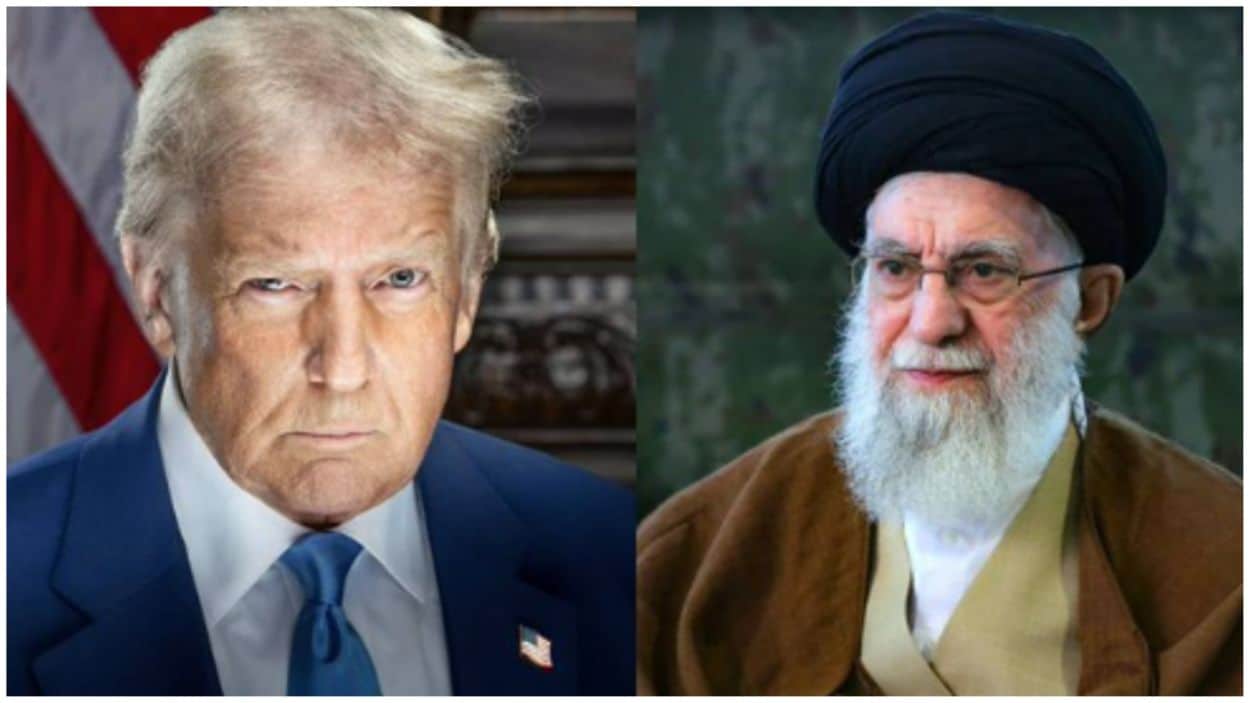U.S. President Donald Trump stirred controversy on Thursday by advocating for “direct talks” with Iran regarding its nuclear program while imposing a two-month deadline.
Speaking aboard Air Force One, he warned Tehran of bombings if it pursued nuclear weapons, a stance that reignited decades-long tensions with the West. “Direct talks are quicker,” Trump told reporters. “You understand the other side better without intermediaries.”
Read: Iran’s Khamenei Rejects Trump’s Nuclear Talks as Bullying Tactic
Iran’s nuclear ambitions have long rattled Western powers, including the U.S., who accuse Tehran of seeking weapons, a claim it denies, citing peaceful intent. Trump’s first term saw him shred the 2015 nuclear deal, brokered by Barack Obama, and slap Iran with harsh sanctions. That pact had traded Iran’s nuclear curbs for relief. Now, he’s shifting gears. “They’re vulnerable,” he said. “I think they want to meet.”
Read: Trump Threatens Iran with Bombing Over Nuclear Weapons Push
Last week, Iran’s Foreign Minister Abbas Araghchi rebuffed direct talks unless the U.S. softened its approach. In response to Trump’s recent letter, Supreme Leader Ayatollah Ali Khamenei dismissed threats as futile and vowed retaliation if provoked. Trump’s call follows Israel’s crushing blows to Iran’s allies Hamas and Hezbollah, leaving Tehran on shaky ground after their 2023 attacks.
Trump’s dual-track strategy of talks or military action marks a bold move. With a deadline approaching, Iran faces a stark choice as global attention intensifies on the nuclear standoff.






